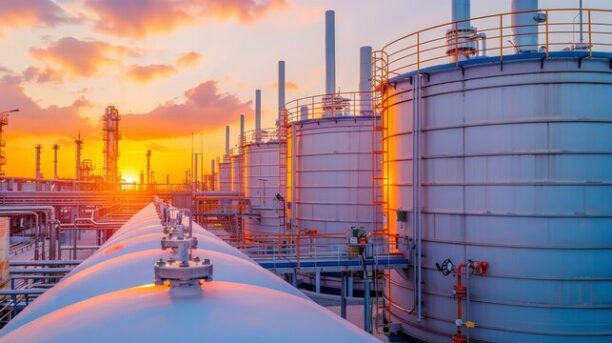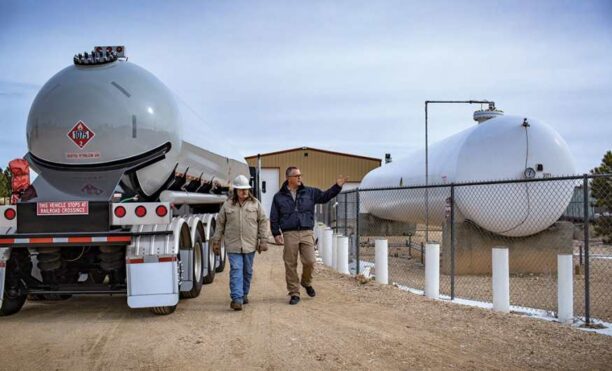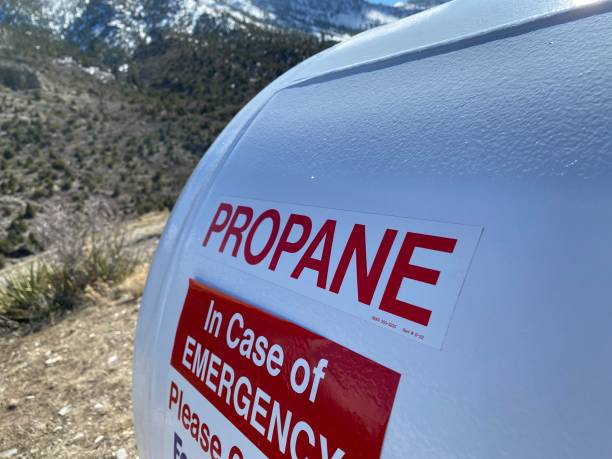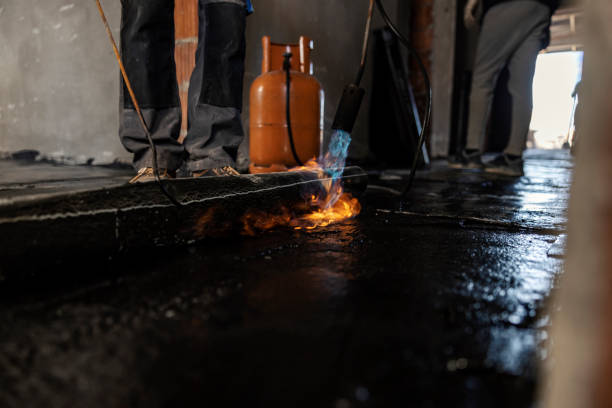Propane’s Next Frontier: High-Growth Opportunities Unveiled
Identifying where propane use might grow can do much to guide your business expansion strategy. Here are a variety of places to look for high-growth opportunities in the propane sector. If you are looking to grow your business and are open to exploring new sectors, consider if any of the following arenas might be a… Continue reading Propane’s Next Frontier: High-Growth Opportunities Unveiled





